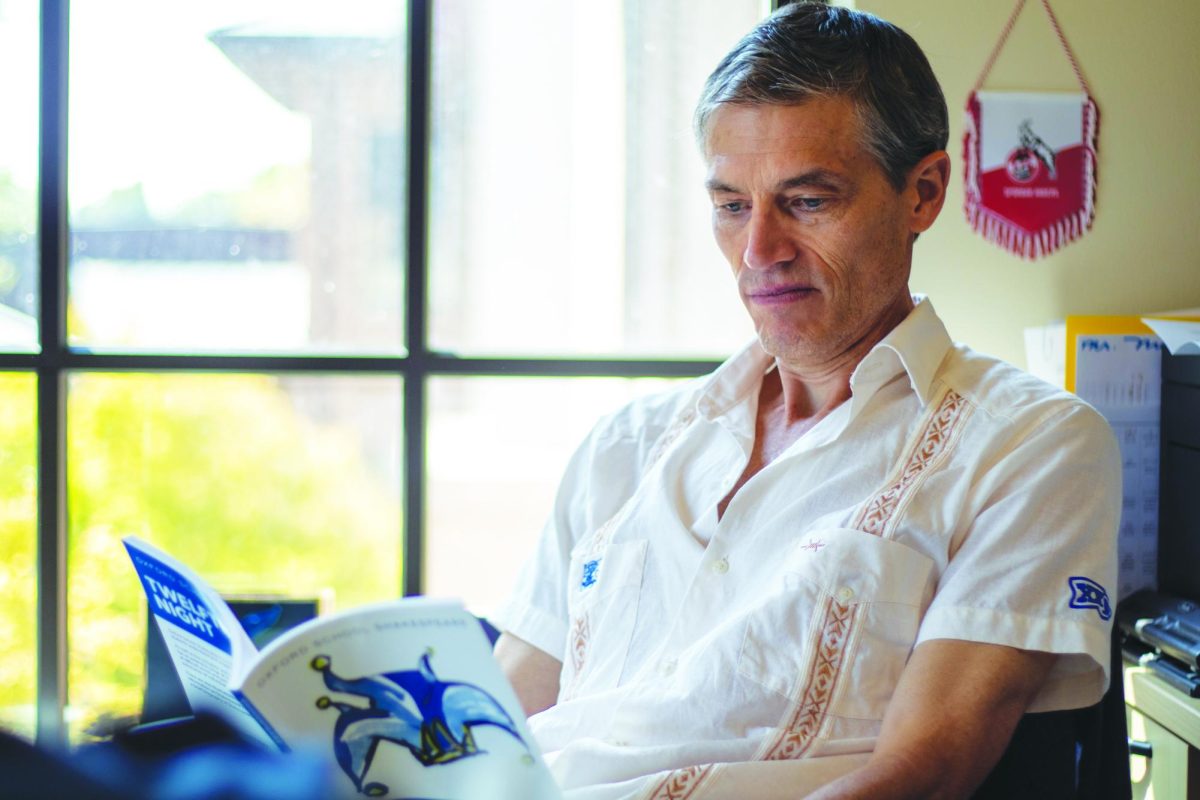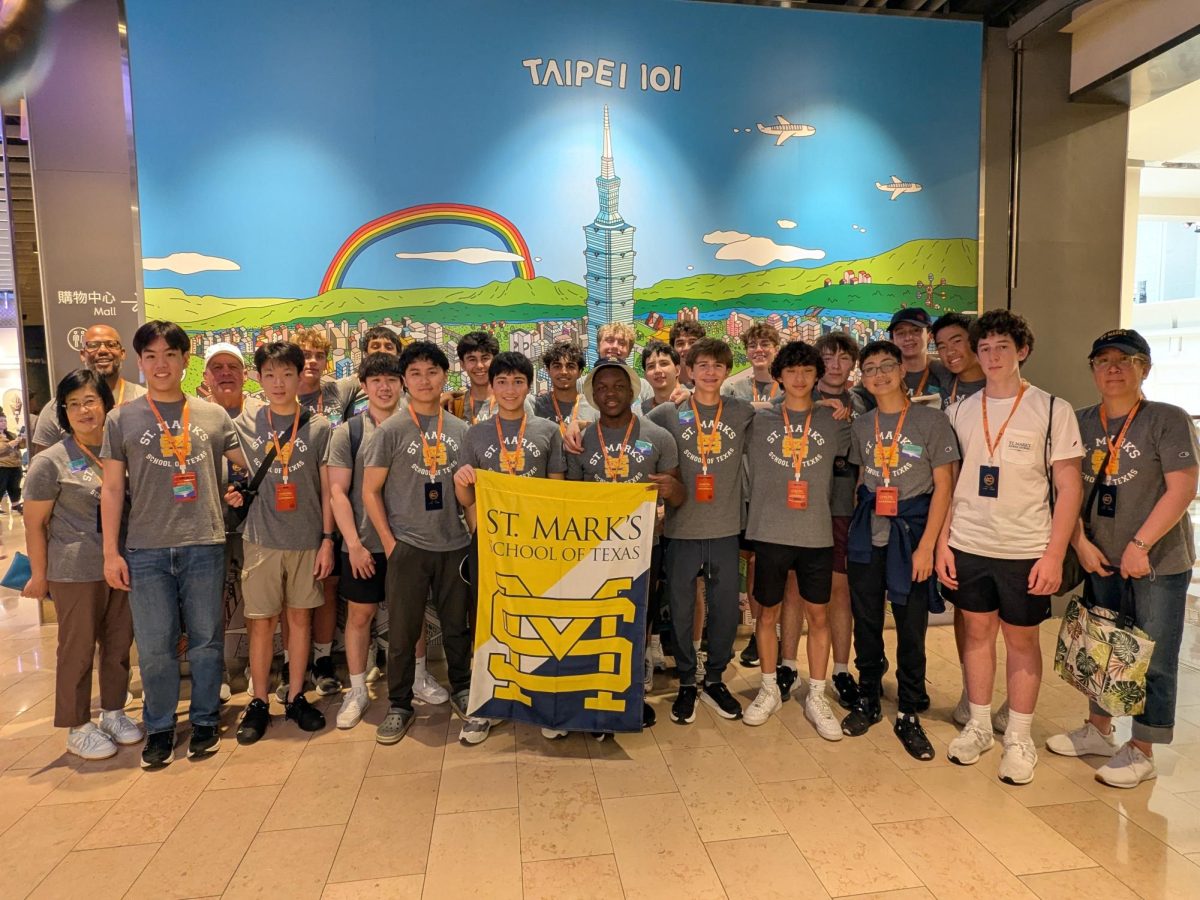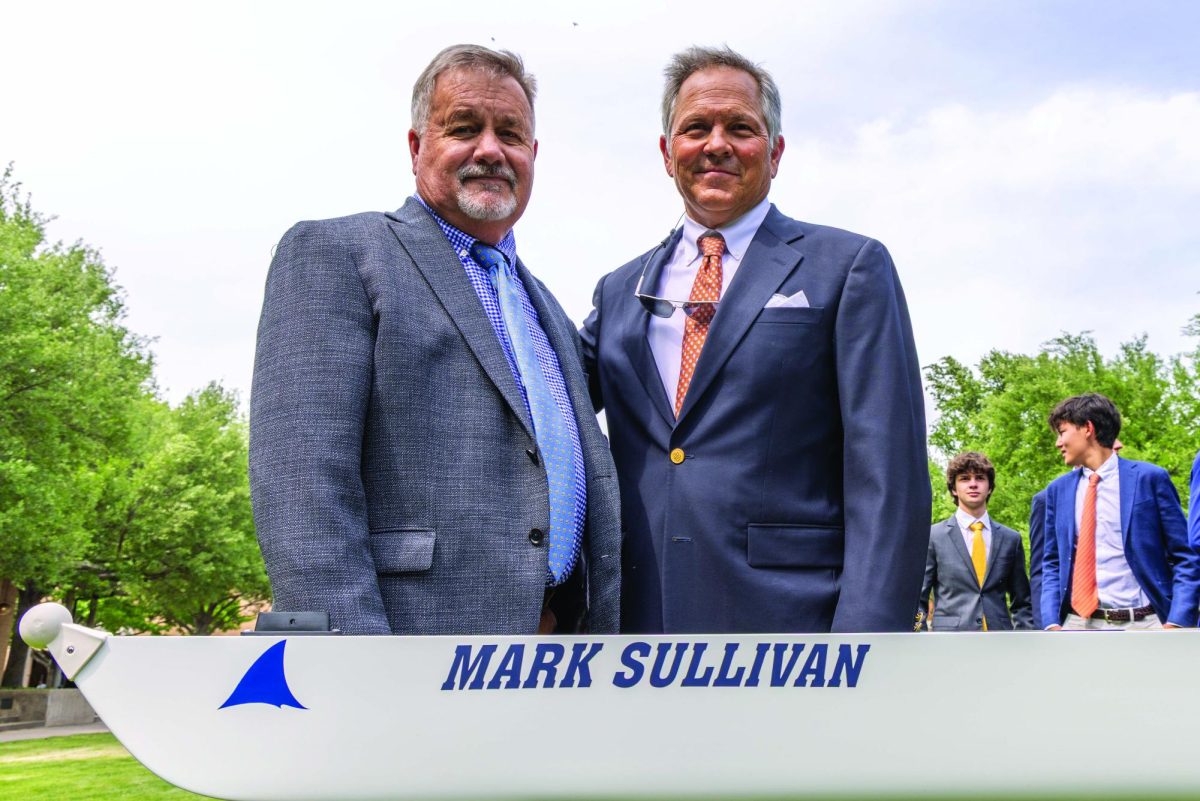Joseph Zopolsky ‘92 knew it was a mistake. The translation didn’t match up. A decade of vocabulary lists and Spanish literary analysis made him familiar with the double-negative the translator misinterpreted.
The Spanish-speaking defendant admitted to being at fault. Months before, her husband, high off PCP and cocaine, stumbled into the path of an Anheuser-Busch truck and was flipped several feet in the air. Zopolsky, hired by the beer company to defend the truck driver, immediately recognized the translation error and capitalized on the translator’s mistake.
“The actual translation was something like, ‘There’s no way he could have seen my husband,’” Zopolsky said. “We won the case on the spot—on the mistranslation.”
From the classroom to the court, Zopolsky has never been able to let go of an integral facet of his life: Spanish. Zopolsky attributes his love for Spanish to the school and the outstanding mentors he had as a student, especially to J.J Connolly Master Teaching Chair Nancy Marmion.
“Marmion was one of the first people who made me love Spanish,” Zopolsky said. “I had some scholars as Spanish professors who were nationally known, even internationally known—Marmion, in my opinion, was better than any of them.”
Over the years, Zopolsky has worked with Spanish-speaking litigants, helping them navigate the difficult and confusing legal system.
“A lot of times that Spanish-speaker will have a lawyer that they can’t communicate with,” Zopolsky said. “For me to be able to understand everything that’s going on, picking up on speech discrepancies, it gives me the advantage of being able to see everything.”
Gene and Alice Oltrogge Master Teaching Chair and Chinese teacher Janet Lin always knew that she wanted to teach language. Born and raised in Taiwan, she is a lifelong Chinese speaker and uses her skills to educate hundreds of Marksmen in this language. Originally a reporter, Lin moved to the U.S. and began working at Lewisville I.S.D. as a translator for Chinese students who could not keep up with the English coursework. Then, a colleague asked Lin to teach them some Chinese to correspond with students, which sparked Lin’s interest in educating.
“I found that so many people need help and then some teacher asked me ‘Hey, can you teach me some Chinese so I can communicate with their students from China,’” Lin said. “I decided ‘Okay, maybe I should do something for my people.’ And then I started to get a degree and become a teacher. After 16 years as a Chinese teacher, I found that it is not really a job because I love it, and I love connecting with my students.”
After obtaining her education degree, Lin transferred to the school and has worked here for eight years. She is an influential teacher for all students who take Chinese, as she teaches the majority of Upper School students who take the language. In fact, Lin believes that almost one third of her students end up pursuing Chinese to some degree in college, a remarkably high number.
“Our language department requires three years of learning the same language,” Lin said. “So some students feel like, ‘I need to stay in high school for three years to learn some language.’ I think most students keep learning after high school when they go to college. They found that they climbed the mountain and it was difficult, but when they got to the top, they said, ‘Oh, wow, that’s another view.’ So they found it’s really useful for them to connect with people and some students use Chinese to help them find jobs.”
Language Department Chair Zachary Erwin ‘96 first developed his language skills at the school. He started learning Spanish in eighth grade, and he was even the student of current teachers such as Nancy Marmion. After Upper School, he got his undergraduate, graduate and masters degree, as well as his Ph.D. in Spanish-related subjects.
After learning a lot of Spanish, Erwin believes that learning a new language is more than just learning new words, but also a new culture. He believes that learning a new language is a way to get closer to different cultures and different views of the world.
When Erwin was still studying Spanish, he traveled to Spain where he was able to see how different cultures and dialects of the language collided with each other.
“I spent a lot of time, particularly in Spain, actually getting to know lots of people, so I was able to connect with those people,” Erwin said. “When I was between my junior and senior year in high school, (Marmion) took a group of boys to Salamanca for about a month.”
Apart from learning cultures and learning the language, Erwin thinks that if you speak the native tongue of other people, you’ll receive a more personal interaction with them. He explains that making the effort to communicate with people in their native tongue, especially when they struggle with English, is a special and important thing to do.
“I think people are always happy when others make an effort to speak to them in their own native tongue,” Erwin said, “especially if they’re in an environment in which they’re often obligated to speak another language.”














